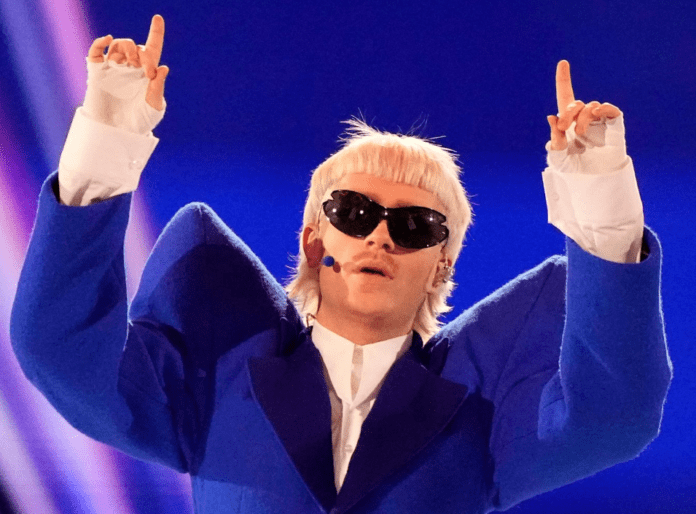The 68th Eurovision Song Contest has become a hotbed of controversy following the disqualification of Dutch contestant Joost Klein. Accusations, protests, and political tensions have marred the celebratory spirit typically associated with the event, reflecting broader geopolitical conflicts.
Joost Klein, a 26-year-old Dutch rapper and singer, was set to compete in the Grand Finale of Eurovision after successfully qualifying in the semi-finals. However, following a contentious incident with a female production crew member, Klein has been barred from further participation, as confirmed by the European Broadcasting Union (EBU). The incident reportedly did not involve any other contestants or delegation members.
Background and Response:
The controversy escalated when Klein interrupted a press conference question directed at Israel’s contestant, Eden Golan, inciting further scrutiny and discussion among participants and observers alike. Amid ongoing protests concerning Israel’s involvement due to the war in Gaza, Eurovision has attempted to maintain a non-political stance, a policy challenged by recent events.
Community Reaction:
Reactions within the Eurovision community have been mixed. Ireland’s contestant Bambie Thug expressed emotional distress over the situation, highlighting the event’s overshadowing political tensions. Finnish former contestant Jere Mikael Pöyhönen also distanced himself from perceived political endorsements after a friendly interaction with Golan was misconstrued by the public and media.
As Eurovision strives to navigate the choppy waters of international politics and personal misconduct, the future of this beloved music competition hangs in balance, with calls for more humane and conscientious governance echoing through the corridors of this year’s contest.
Further Reading and Resources
- Learn more about the EBU’s stance on the controversy and their efforts to maintain a non-political platform, Eurovision Official Statement on Dutch Participation




